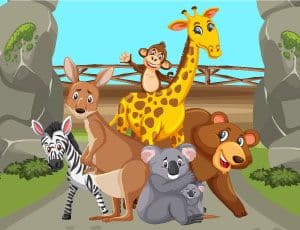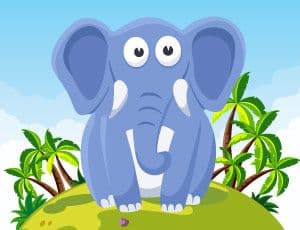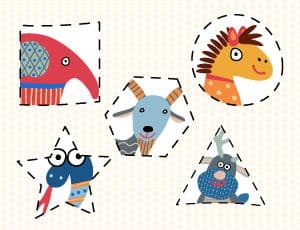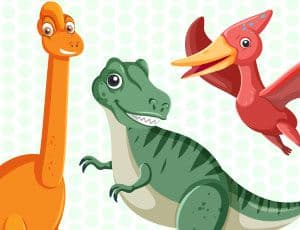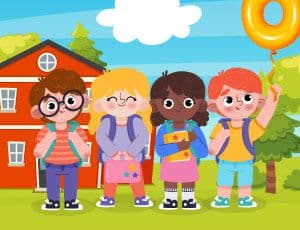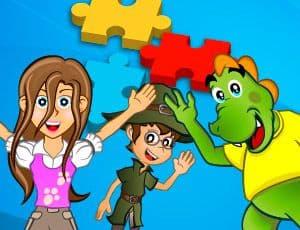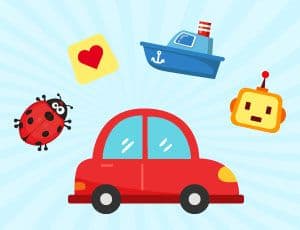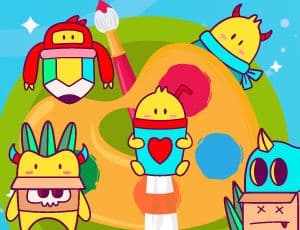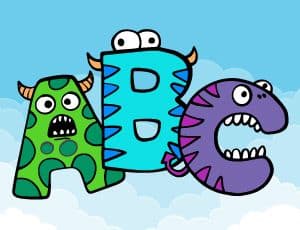Grade K - Educational Games
BY GRADE
BY SUBJECT
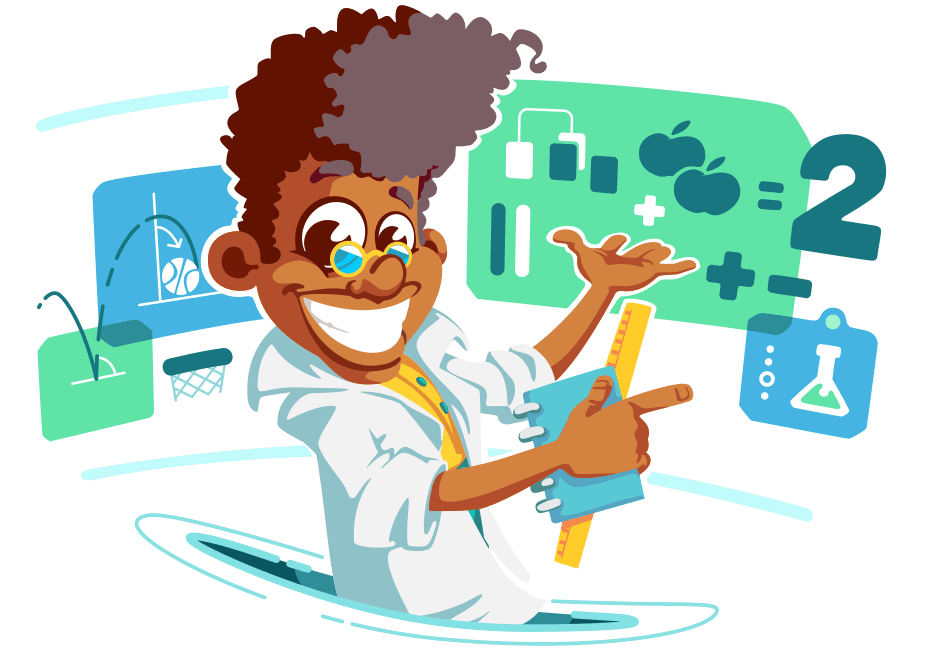
Educational Games - General Skills
Value and use historically constructed knowledge about the physical, social, cultural, and digital world to understand and explain reality, continue learning, and collaborate in the construction of a just, democratic, and inclusive society.
Exercise intellectual curiosity and employ the approach typical of the sciences, including investigation, reflection, critical analysis, imagination, and creativity, to investigate causes, develop and test hypotheses, formulate and solve problems, and create solutions (including technological ones) based on knowledge from various fields.
Value and enjoy diverse artistic and cultural expressions, from local to global, and also participate in varied practices of artistic and cultural production.
Utilize different languages - verbal (oral or visual-motor, such as sign language), bodily, visual, auditory, and digital - as well as knowledge of artistic, mathematical, and scientific languages, to express oneself and share information, experiences, ideas, and feelings in different contexts and produce meanings that lead to mutual understanding.
Understand, use, and create digital information and communication technologies in a critical, meaningful, reflective, and ethical manner in various social practices (including school) to communicate, access and disseminate information, produce knowledge, solve problems, and exercise leadership and authorship in personal and collective life.
Value the diversity of cultural knowledge and experiences and appropriate knowledge and experiences that allow them to understand the specific relationships of the world of work and make choices aligned with the exercise of citizenship and their life project, with freedom, autonomy, critical awareness, and responsibility.
Argue based on facts, data, and reliable information to formulate, negotiate, and defend common ideas, viewpoints, and decisions that respect and promote human rights, socio-environmental awareness, and responsible consumption at the local, regional, and global levels, with ethical positioning regarding self-care, others, and the planet.
Know oneself, appreciate oneself, and take care of one's physical and emotional health, understanding oneself in human diversity and recognizing one's own and others' emotions, with self-criticism and the ability to deal with them.
Exercise empathy, dialogue, conflict resolution, and cooperation, respecting oneself and promoting respect for others and human rights, with acceptance and appreciation of the diversity of individuals and social groups, their knowledge, identities, cultures, and potentialities, without prejudice of any kind.
Act personally and collectively with autonomy, responsibility, flexibility, resilience, and determination, making decisions based on ethical, democratic, inclusive, sustainable, and solidarity principles.
